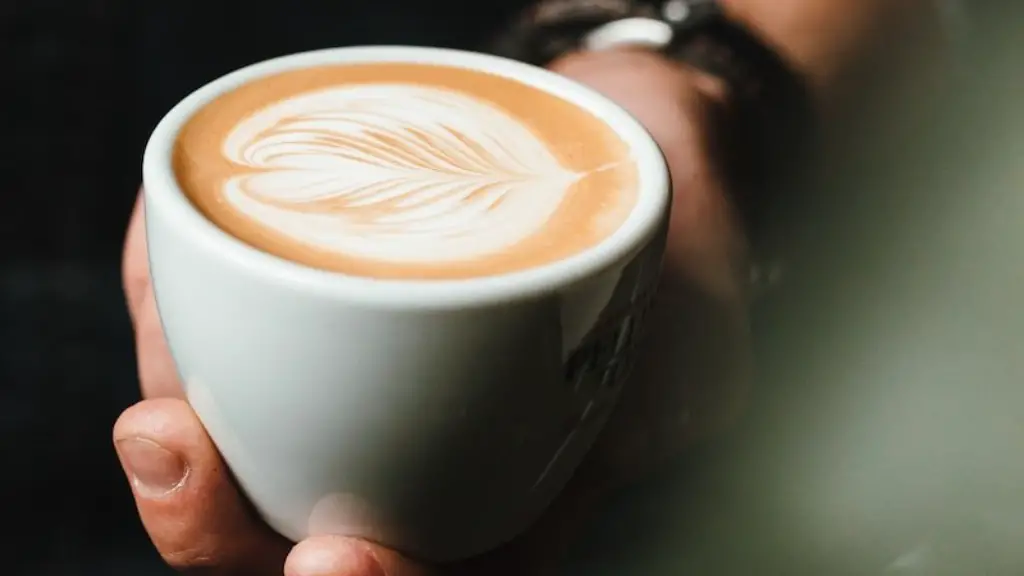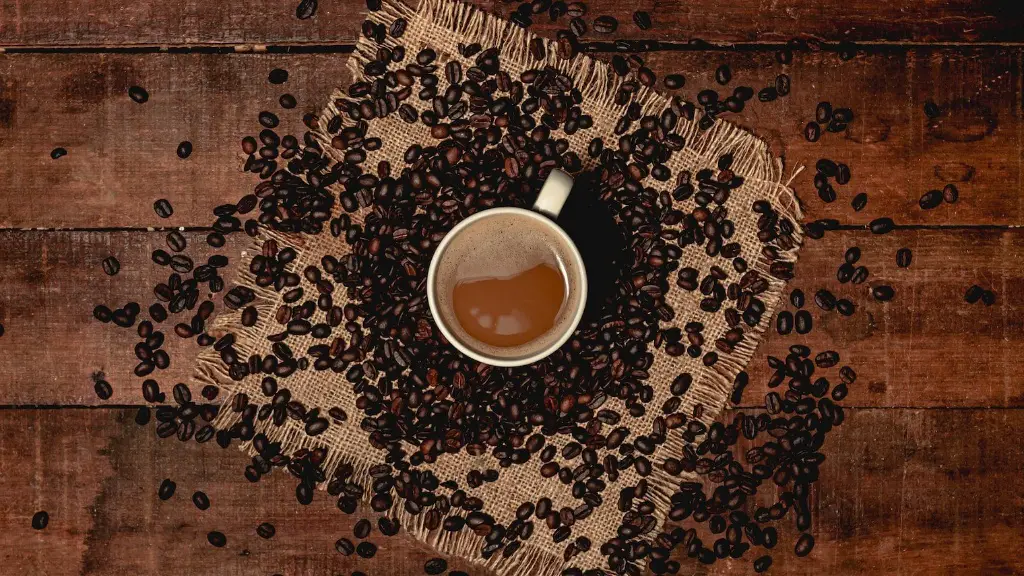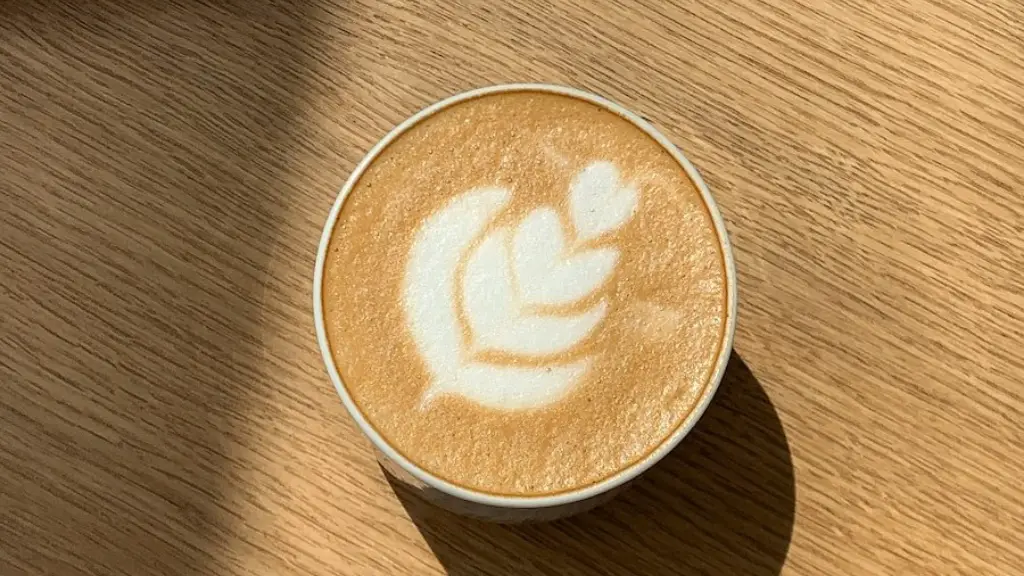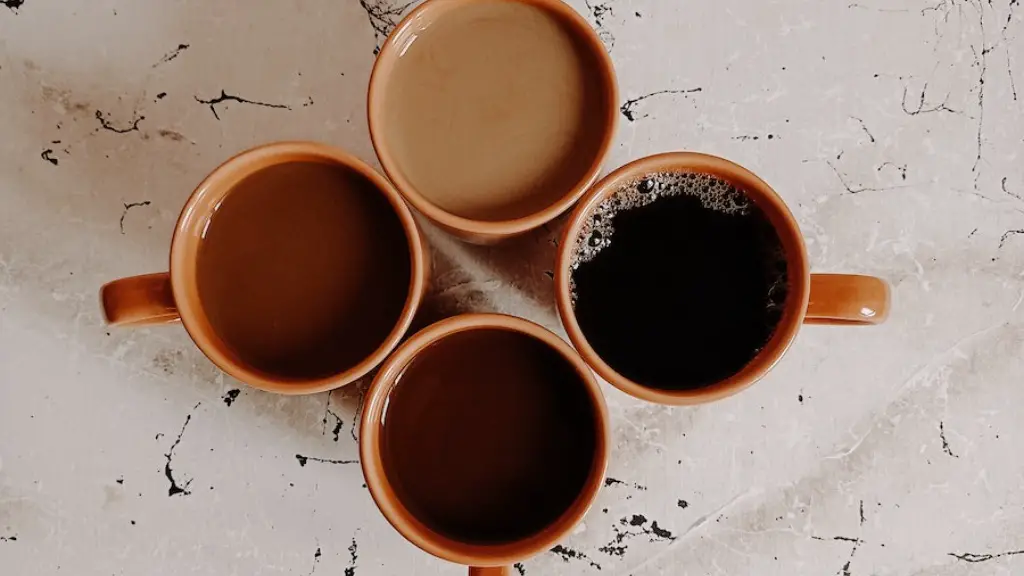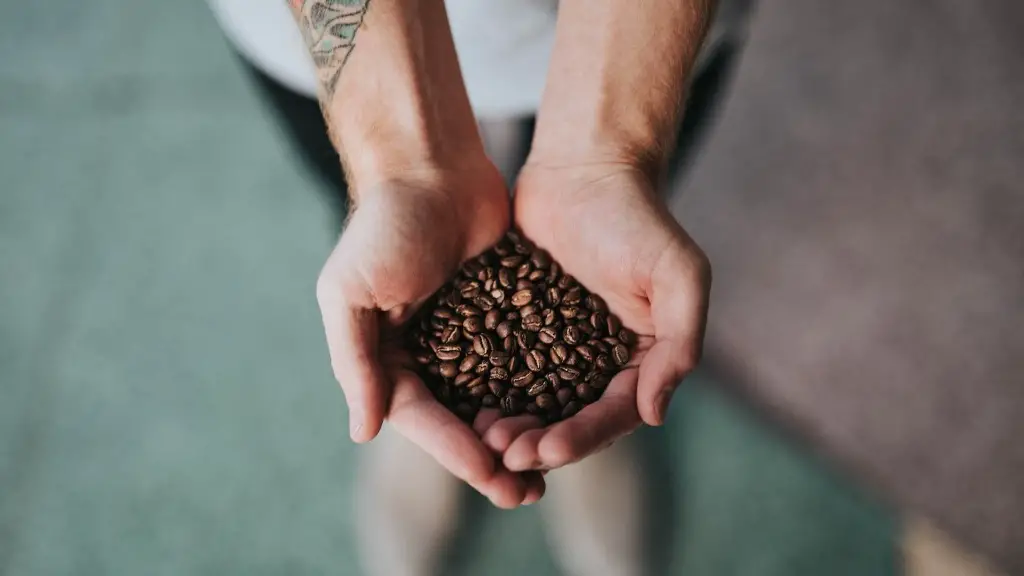Intermittent fasting is becoming more popular around the world as people look for ways to improve their nutrition, lose weight and increase productivity.The practice involves alternating between periods of eating and not eating, typically for six hours or more each time.But the question remains: can you still drink coffee or tea during intermittent fasting?
The answer to this question depends on a few factors, including the type of fasting you are doing and the types of drinks you are considering drinking. Generally speaking, non-caloric drinks such as black coffee and herbal teas are allowed during intermittent fasting. However, drinks with added sugar, cream or other caloric additives are not recommended.
Experts generally agree that while it is alright to consume caffeinated drinks such as black coffee during intermittent fasting, it may not always be beneficial. Caffeinated drinks can boost alertness, but they also have a diuretic effect, meaning that they can cause dehydration which can adversely affect overall health. In addition, drinking too much caffeine can also lead to feelings of anxiety and jitteriness.
The same rule applies to tea – it is alright to drink unsweetened herbal teas during intermittent fasting, but adding milk or sugar to the tea will break your fast. A good option during fasting would be to drink green or white tea, which can help to boost your metabolism and provide a host of other benefits such as improved digestion and better cognitive function.
If you decide to drink coffee or tea while intermittent fasting, it is important to be mindful of how much caffeine or any other stimulants you are consuming. Consuming too much can lead to dehydration, jitteriness and anxiousness. It is also important to ensure that you are getting adequate hydration throughout the day and taking in the proper electrolyte balance. This can help to keep your energy levels steady and reduce fatigue.
In conclusion, drinking coffee or tea during intermittent fasting is generally fine, as long as you stick to black coffee and unsweetened herbal teas. While these beverages can help to boost alertness, it is important to be mindful not to overdo it and to stay properly hydrated throughout the day.
Optimal Timing of Consumption
When it comes to choosing the right time to consume coffee or tea while intermittent fasting, there are several things to take into consideration. Many experts recommend drinking caffeinated beverages like coffee or tea in the morning to give yourself the most energy during the day. This is because caffeine has the longest half-life of all stimulants and will remain active in your body for several hours. However, this could also be counterproductive if you are trying to extend your fasting window. If this is the case, it might be better to avoid caffeine altogether until closer to the end of your fasting period. This will help to minimize negative side effects such as jitteryness and anxiety .
It is also important to remember that caffeine can have an appetite stimulating effect, so it is best to consume it before eating. This will help to ensure that your hunger will be managed properly, and it can also be helpful in preventing overeating. Additionally, if you plan on consuming multiple cups of coffee or tea throughout the day, it is important to make sure that the total amount of caffeine is within a safe range for your body.
Overall, it is important to note that there is no one-size-fits-all approach when it comes to consuming caffeinated drinks while intermittent fasting. It is important to consider your individual situation and dietary needs when determining the right approach for you.
Impact on Weight Loss
Given that intermittent fasting involves restricting food intake and is often associated with weight loss, it is important to consider how consuming caffeinated drinks while fasting might impact this. In general, it is ok to consume caffeine while intermittent fasting as long as it is limited to black coffee or unsweetened herbal teas, and it is best if consumed outside of meals to minimize its potential appetite stimulating effects.
Caffeine can also help to boost metabolism, which can theoretically aid in weight loss. However, it is important to note that caffeine is not a magic solution for weight loss and it should not replace the need for a healthy diet and regular exercise. Smarter and healthier approaches to consuming coffee and tea are recommended for those who are trying to lose weight.
Safety & Considerations
It is important to keep in mind that everyone responds to caffeine differently. Generally speaking, it is best to start with small amounts and gradually increase consumption if desired. Additionally, it is important to determine if you have any health conditions or medications that might interact with caffeine. It is particularly important to speak with your doctor if you are pregnant or breastfeeding.
It is also important to be aware of the potential side effects of caffeine such as jitteriness, anxiousness and insomnia. If you experience any of these symptoms, it is best to reduce your intake. Additionally, it is important to make sure that you are getting adequate amounts of water and electrolytes while fasting to avoid dehydration.
Benefits of Consumption
Beyond potentially aiding with weight loss, there are some potential health benefits of consuming caffeine while intermittent fasting. Caffeine has been found to reduce inflammation and improve brain function. Additionally, some studies have shown that regular coffee consumption can reduce the risk of type 2 diabetes and some types of cancer. It is important to notethat more research is needed in this area and that these potential benefits are likely most effective when consuming small amounts of caffeine in moderation.
Caffeinated drinks like coffee and teacan also be useful when trying to improve focus and concentration.The stimulants can help to boost alertness and concentration,which can be especially helpful if you are trying to stay motivated throughout your day.
Finally, coffee and tea can also be helpful for improving mood. The caffeine in both drinks can help to boost serotonin levels, which is often referred to as the “happiness hormone”. A small treat of coffee or tea can be a nice way to boost your mood, especially during periods of intermittent fasting.
Bottom Line
Intermittent fasting has become increasingly popular around the world, and many individuals are looking for ways to incorporate caffeinated drinks such as coffee and tea without breaking their fast. Generally speaking, it is ok to consume unsweetened coffee and herbal teas while intermittent fasting, as long as consumption is kept within a moderate range and it is not done too close to the end of the fasting period.
Caffeinated drinks can provide a range of potential health benefits when used in moderation, including improved brain function, reduced inflammation and improved mood. However, it is important to keep in mind that caffeine is not a magic solution for weight loss and that it is best to consume within healthy limits. It is also important to ensure that you are staying properly hydrated throughout the day and that you have consulted your doctor if you have any health conditions or medications that could interact with caffeine.
